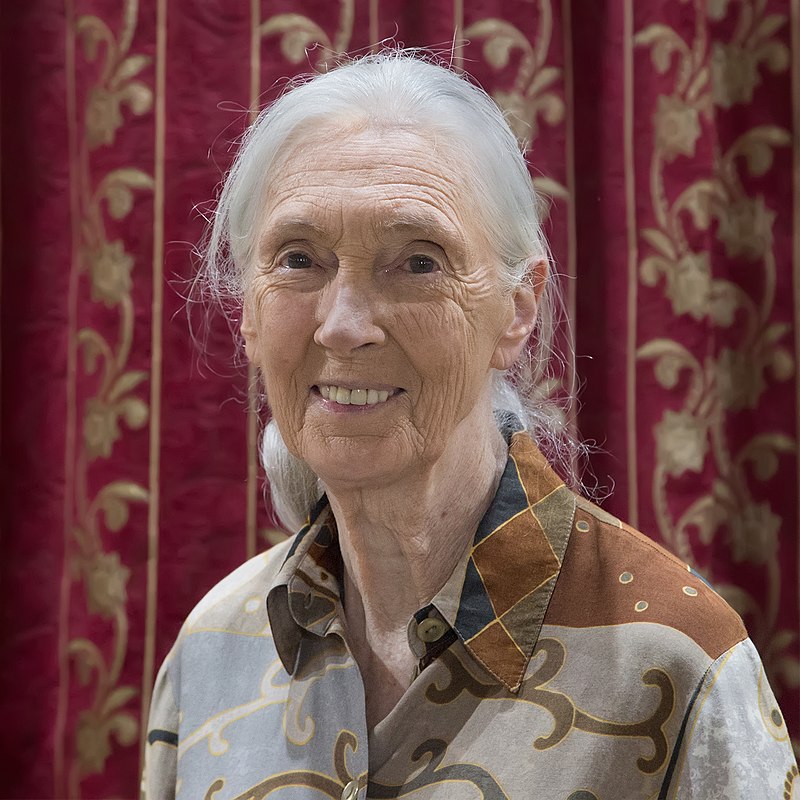Jane Goodall Calls for Billions of People To ‘Make Ethical Choices’ To Save the Planet

Hyper-Partisan Politics. For a reason I fail to understand, political conservatives, at least in the U.S., stand in opposition to environmentalism. (Don’t conservatives want to conserve?)
Financial Pressure. The shrinking buying power of the middle class is resulting in more self-preservation and less egalitarianism.
Hypocrisy. Where 75% of Americans claim they will pay more for eco-friendly products, fewer than 5% actually do. I have friends who love my work and give me lots of atta-boys, but some of them still buy bottled water.
Corporatocracy. Over breakfast this morning, my wife asked me about the “Take a Cool Guess” piece I had written earlier. I cited an article that presents the sad fact that we’re now selling more than one million plastic bottles per minute, and she wondered why they’re not simply banned. I explained that there are increasingly broad bans on certain single-use plastic items, like shopping bags and straws. Plastic bottles, however, are an entirely different matter in the world of international commerce. There is no political clout for straws and bags, but once you add in bottles, now you’re talking about Coca Cola, Nestle, and the like. Want to take that on? Good luck.
“Programming” via Advertisement. We are bombarded with marketing messages that subliminally make us feel less worthwhile as people if we don’t buy certain products. This “robo-consumerist” society is fundamentally incompatible with environmentalism.
Disinformation. We learned today that the U.S. federal government has doubled down on its attempt to drive science into obscurity, or at least remove it from policy making. Here we have another round of wholesale changes to its communications platform re: climate change, limiting its mention in websites and its use in public speeches. The private sector may not be as bad, but the oil companies and conservative think tanks continue to sew doubt on the subject into the public’s collective mind. The result is that people, even those who would like to do the right thing, are confused.
Apathy. Though I don’t feel this way personally, I would understand if people are disheartened when they see the day-to-day ravages of the Trump administration, the unchecked power that corporations have over law-making, and the total disregard that Congress has for anyone but big donors.
Again, Dr. G, good for you. You’re among the very best and brightest people this world has even known. I very much hope that some day soon we can get through these issues, such that we can all get behind you and push like hell.

Craig,
For a person who professes a passion for new Clean technology, you sure are really selective about which technologies you feel fit into your grab bag of political/ideological doctrines.
I guess that reflects your puritan education. Your first reaction to any problem seems to be :
A) Invent a conspiracy theory
B) Find a moral dimension
C) Blame an immoral “Evil” enemy, usually a large corporation or individual you dislike.
D) Demand things be banned !
I say strange, because as both a person of science and technology, why not see the problem in terms of an exciting challenge ?
As I said elsewhere, technology is currently being developed to produce completely bio-degradable plastics..
In addition, scientists at several competing facilities are creating super-specialized microbes which can eat partly degraded plastic fragments.
The research is well advanced, and although there are still issues to overcome, field testing is already underway.
The answer is not to rant on about “banning” things, like some grim Cromwellian puritan, but to invest in new exciting technology.